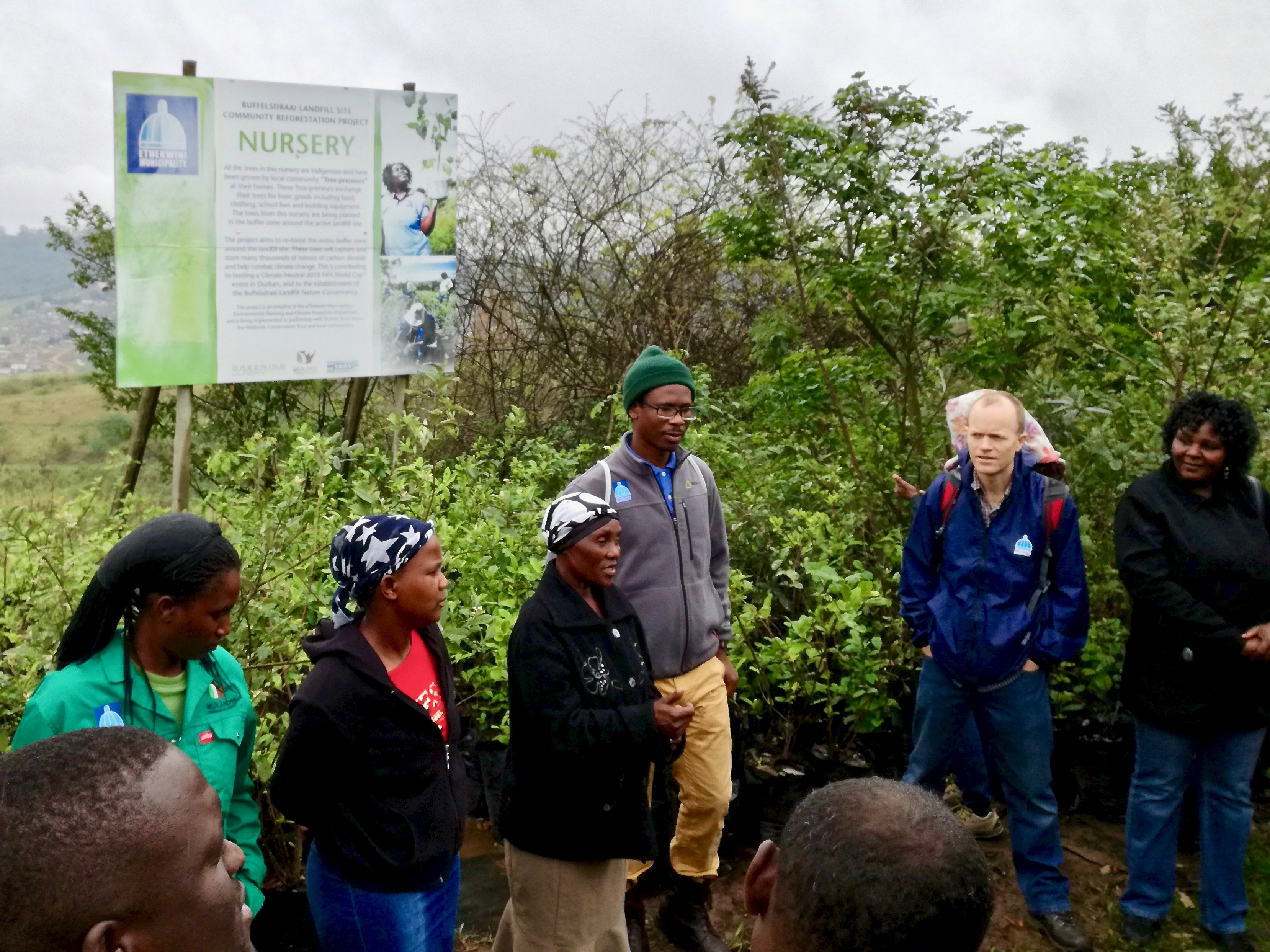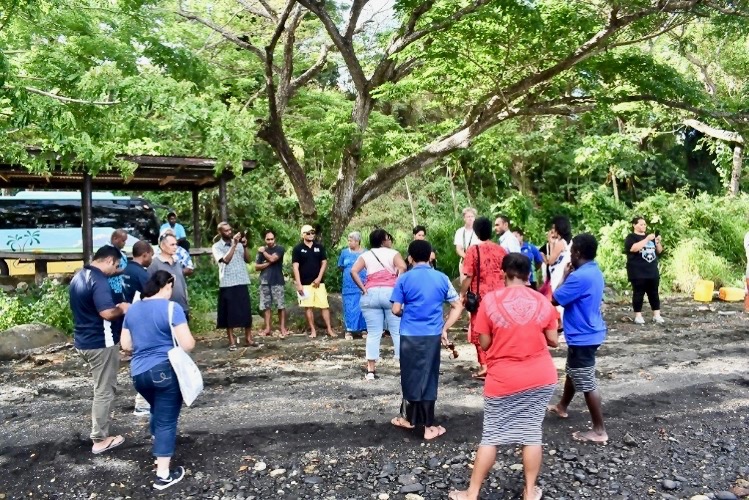 Story highlights
Story highlights
- Challenges and opportunities exist when utilising ecosystem-based approaches to address climate change
- Multi-sectoral discussions help identifying solutions to better implement ecosystem-based approaches
- Learning occurs through peer-to-peer exchange of experiences from one region
SwedBio, with the Secretariat of the Convention on Biological Diversity (CBD) and local partners, are running a series of regional dialogue seminars and field visits on nature-based solutions to address climate change. The dialogues aim to raise awareness, capacity and identify opportunities for effective policy coherence, implementation and mainstreaming of solutions at the national level.
A specific focus is on the challenges and opportunities in incorporating the role of ecosystems in national climate strategies, such as the Nationally Determined Contributions (NDCs), as well as national implementation of the SDGs.
Countries have nothing to lose. It doesn’t cost much. It may be as simple as maintaining what we have. And of course, repairing the ecosystems that have been damaged Mr. Joshua Wycliffe, Permanent Secretary, Ministry for Local Government Housing and Environment, Government of Fiji
The purpose of the seminars is to provide an informal setting for open discussions on existing approaches and challenges as seen by the various participants, and opportunities for improved policy making and implementation. The field visits allow the host countries to demonstrate related activities and the link between policy and action, as well as to introduce the range of governmental and non-governmental stakeholders involved.
Objectives of the dialogue seminars are:
- Exchange experience of developing the role for ecosystem-based approaches in climate-related work at national level;
- Identify synergies among potential ecosystem-based approaches for delivering benefits related to multiple NDC objectives;
- Empower those concerned with the well-being of nature to engage with those responsible for achieving NDCs;
- Establish the support needed by the region to advance ecosystem-based approaches to adapt to and mitigate climate change and to reduce the risk of disaster.
“We all appreciate that ecosystems form the very foundations of our lives, our social and economic activities and our lives are intricately tied to the well-being of ecosystems. The overall conditions of our corals, forests and mangroves are critical to reducing the impacts of climate change and natural disasters” remarked Mr. Wycliffe during the Pacific Islands regional dialogue in Fiji.
Field visit to a Fijian bay previously protected by mangroves, and now under the effect of coastal erosion, during the Pacific Islands dialogue
To date, two five-day regional dialogues have been held so far:
- For southern and eastern Africa in Durban, South Africa on 2-6 October 2017 with the Wildlands Conservation Trust
- For the Pacific Islands region in Suva, Fiji, on 23-27 October 2017 with the Secretariat of the Pacific Regional Environment Programme (SPREP)
A third seminar is due to be held for South America in Bogotá, Colombia, on 27 November-1 December 2017 with the Instituto de Investigación de Recursos Biológicos Alexander von Humboldt. Three more are planned for 2018 in Central America & the Caribbean, west and central Africa, and south-east Asia.



 Private: Tristan Tyrrell
Private: Tristan Tyrrell